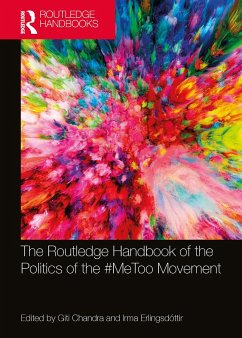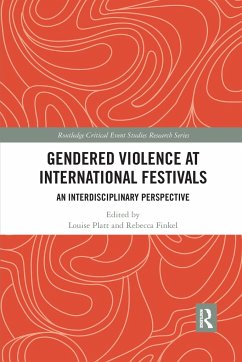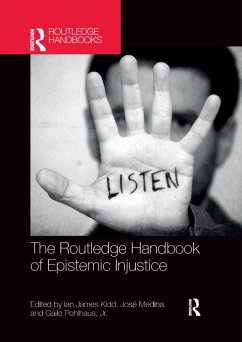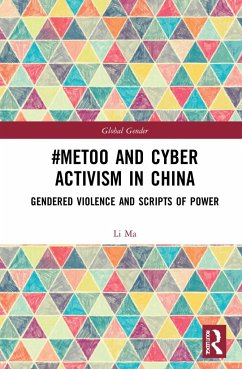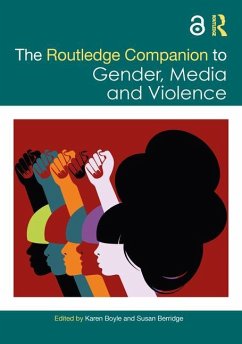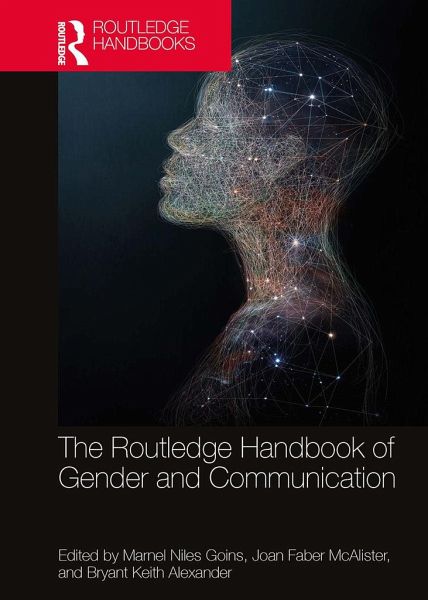
The Routledge Handbook of Gender and Communication
Versandkostenfrei!
Versandfertig in 6-10 Tagen
52,99 €
inkl. MwSt.
Weitere Ausgaben:

PAYBACK Punkte
26 °P sammeln!
This volume provides an extensive overview of current research on the complex relationships between gender and communication. Featuring a broad variety of chapters written by leading and upcoming scholars, this edited collection uses diverse theoretical frameworks to provide insight into recent concerns regarding changing gender roles, representations, and resources in communication studies. Established research and new perspectives address vital themes in this comprehensive text, including the shifting politics of gender, ethical and technological trends in gendered media, and gender in daily...
This volume provides an extensive overview of current research on the complex relationships between gender and communication. Featuring a broad variety of chapters written by leading and upcoming scholars, this edited collection uses diverse theoretical frameworks to provide insight into recent concerns regarding changing gender roles, representations, and resources in communication studies. Established research and new perspectives address vital themes in this comprehensive text, including the shifting politics of gender, ethical and technological trends in gendered media, and gender in daily life. Comprising 39 chapters by a team of international contributors, the Handbook is divided into six thematic sections:
- Gendered lives and identities
- Visualizing gender
- The politics of gender
- Gendered contexts and strategies
- Gendered violence and communication
- Gender advocacy in action
These sections examinecentral issues, debates, and problems, including the ethics and politics of gender as identity, impacts of media and technology, legal and legislative battlegrounds for gender inequality and LGBTQ+ human rights, changing institutional contexts, and recent research on gender violence and communication. The final section links academic research on gender and communication to activism and advocacy beyond the academy.
The Routledge Handbook of Gender and Communication will be an invaluable reference work for students and researchers working at the intersections of gender studies and communication studies. Its international perspectives and the range of themes it covers make it an essential and pragmatic pedagogical resource.
- Gendered lives and identities
- Visualizing gender
- The politics of gender
- Gendered contexts and strategies
- Gendered violence and communication
- Gender advocacy in action
These sections examinecentral issues, debates, and problems, including the ethics and politics of gender as identity, impacts of media and technology, legal and legislative battlegrounds for gender inequality and LGBTQ+ human rights, changing institutional contexts, and recent research on gender violence and communication. The final section links academic research on gender and communication to activism and advocacy beyond the academy.
The Routledge Handbook of Gender and Communication will be an invaluable reference work for students and researchers working at the intersections of gender studies and communication studies. Its international perspectives and the range of themes it covers make it an essential and pragmatic pedagogical resource.





